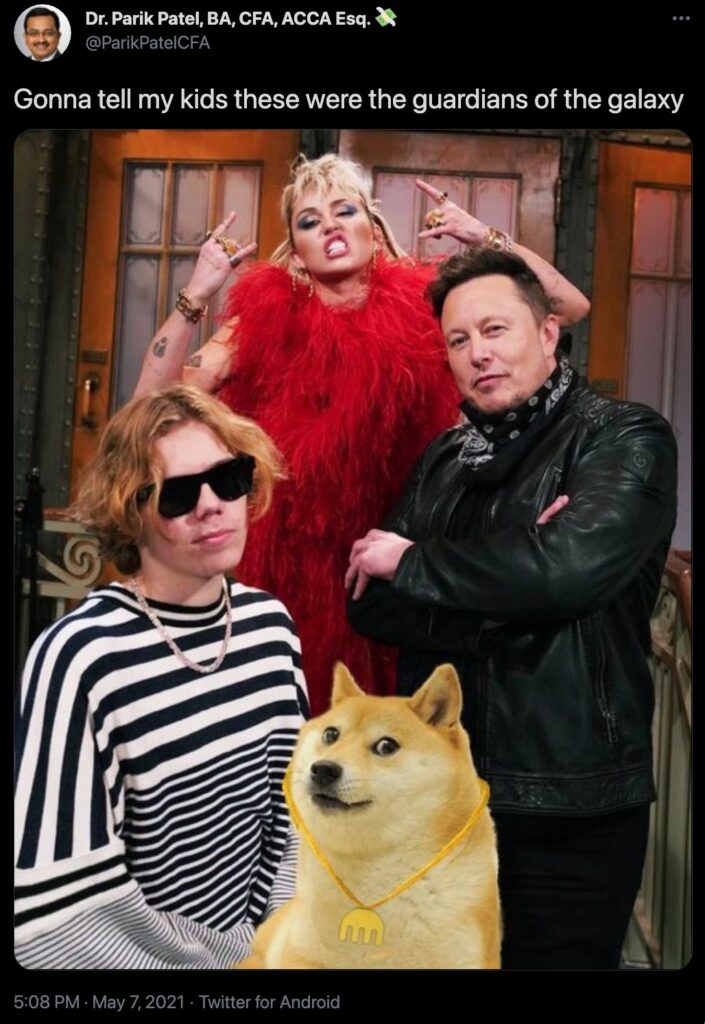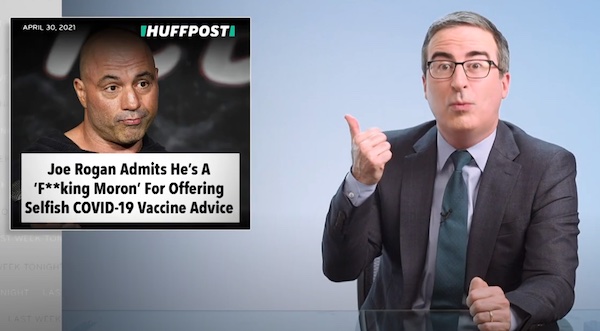
Pictured clockwise from bottom: Pocket Doge, Flax the Style Destroyer, Gamora Montana, and Edge-Lord.

Pictured clockwise from bottom: Pocket Doge, Flax the Style Destroyer, Gamora Montana, and Edge-Lord.
 It’s May 6th, and since 2009, this day has been designated World Accordion Day by the CIA! In this case, the CIA is not the Central Intelligence Agency, but the Confédération Internationale des Accordéonistes, the International Confederation of Accordionists, which was founded in 1935.
It’s May 6th, and since 2009, this day has been designated World Accordion Day by the CIA! In this case, the CIA is not the Central Intelligence Agency, but the Confédération Internationale des Accordéonistes, the International Confederation of Accordionists, which was founded in 1935.
World Accordion Day was created to be “a unified global effort to celebrate and promote the Accordion”, which is something I can get behind. You can find out more about what’s going on today at WorldAccordionDay.com or by checking out the 2021 World Accordion Day video below:
That’s an interesting story, and you can find it here.
Here’s one with Seattle band The Beatniks at Safeco Field:
The accordion karaoke performance where I won an iPad:
Entertaining a delayed flight:
During the summer between high school and university, I landed a job at a warehouse where I was often required to drive a small electric forklift.
Prior to getting my 15 minutes of “training” on the use of the forklift, my manager and I sat in the break room and watched the mandatory safety video.



It was the 1980s, which was the golden age of gore–horror worker’s compensation workplace injury ads and videos in Ontario, and the one we watched took things to a red-corn-starch-syrup-soaked new level.
There’s a scene that’s forever seared into my memory. It starts with the Merry Prankster’s golden prize: an unattended forklift with the keys still in the ignition. A carefree teen decides to take it for a joyride, does a couple of donuts in the warehouse, and quickly loses control.
He plows the forks, which have been raised to the “halfway up” position (which you don’t do when the ’lift isn’t carrying anything), into an oh-so-fake wall:

As if that isn’t bad enough, the lunchroom is on the other side of that wall, and so was someone who was just having lunch — he’s now just been forked from behind:

I remember going home that evening and thinking with great disbelief: “Grown adults commissioned, wrote, and made that video. And got paid for it.”
I’d forgotten about that video, and had even begun to think that I’d misremembered it — until this compilation started making the internet rounds. And yup, it features the “forked from behind” scene!
Once again, in case you missed it the first time:

If you watch only one YouTube video today, make it Last Week Tonight’s piece on COVID-19 vaccines, or at the very least, follow the advice that John Oliver gives at the end:
In researching this pieces, experts repeatedly told us that the vaccine-hesitant generally don’t respond well to hearing from politicians, celebrities, or athletes telling them to get the vaccine.
…
I’m not going to be able to convince the people in your life who are hesitant. The person with the best chance of doing that is…you.
So if you know someone who is worried for whatever reason and you want to convince them otherwise, don’t show them this video. But maybe do show them some of the information inside it to tell them yourself.
And when you are trying to do that, don’t dismiss or judge them for having doubts.
I think we should also popularize Oliver’s very apt description of Tucker Carlson:

Here’s the video:
 If you’ve ever driven south on Florida Avenue past Trip’s Diner, you may have seen the structure pictured below on the south end of Trip’s parking lot:
If you’ve ever driven south on Florida Avenue past Trip’s Diner, you may have seen the structure pictured below on the south end of Trip’s parking lot:

It’s the local “Twice the Ice” ice vending machine, run by Ice House America, which boasts a network of more than 3,500 ice vending machines around this world. It’s automated, open 24 hours, and a convenience that I’ve overlooked until recently.
This one is Seminole Heights’ very own, where you can buy filtered water for 25 cents per gallon (3.8 liters) or dispenser, a five gallon (about 19 liters) bag of ice for a dollar, or fill your cooler with 20 pounds (9 kilograms) of ice for $1.75.

I moved to the neighborhood two years ago, and on the rare occasions that I’ve had to purchase ice, I’ve been paying way too much for too little at the gas station like a chump. Later this year, when it’s time to have guests over for cocktails, I’m going to have make use of this machine’s services.